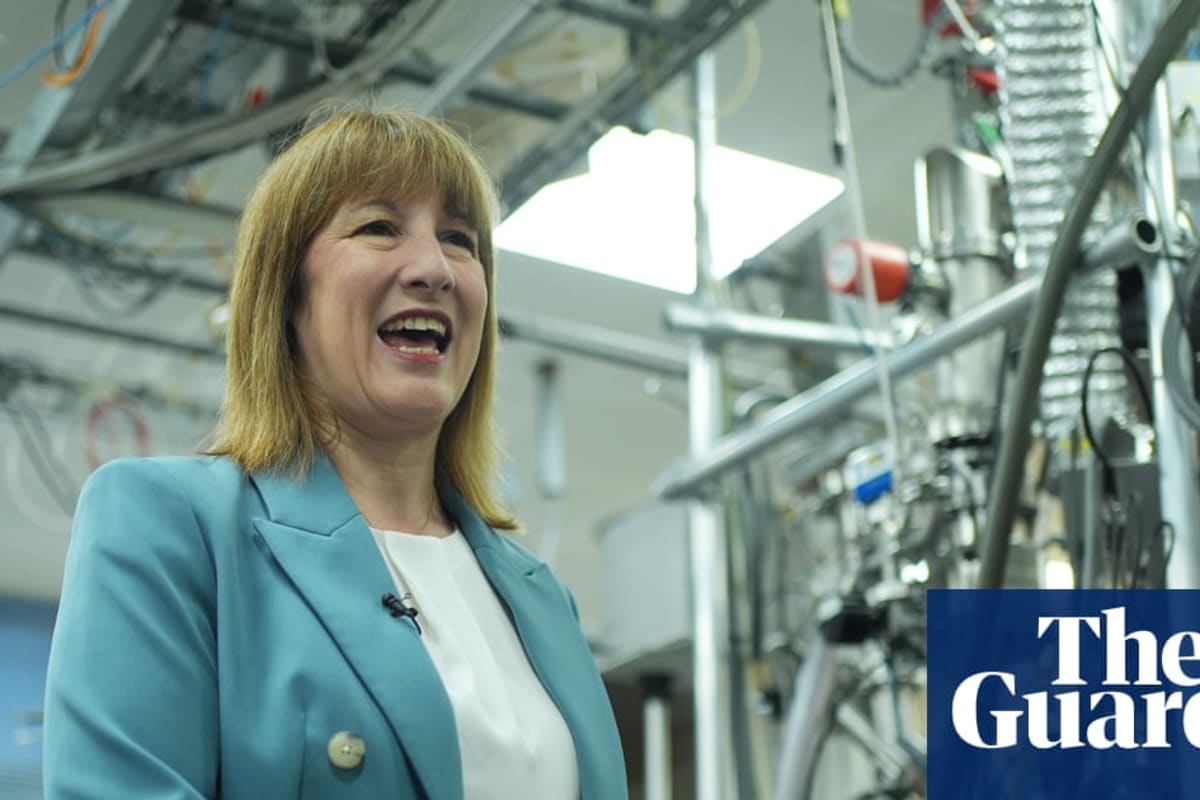UK Business Confidence Soars Despite Economic Worries

The UK economy has presented a multifaceted challenge in recent months, grappling with persistent inflation, looming recessionary fears, and ongoing global economic uncertainty Amidst this complex landscape, a recent poll conducted by Lloyds Bank in August 2025 has revealed a surprising surge in business confidence, providing a rare glimmer of positive news for Chancellor Rachel Reeves as she prepares for the pivotal autumn budget The survey indicated that 54% of UK companies currently express confidence in the prevailing economic climate, a notable two-percentage-point increase and the highest level recorded since 2014 This figure surpasses analyst expectations and offers a potential lifeline to the government's economic strategy This surge in optimism is particularly noteworthy given the prevailing economic anxieties that have dominated headlines While inflation remains stubbornly high, and the full impact of successive interest rate hikes is yet to be fully absorbed by the economy, the improved sentiment suggests an underlying resilience within the UK business sector The Lloyds Bank report attributes this positive shift, at least in part, to improved confidence among manufacturers and retailers, suggesting that these key sectors are experiencing a period of nascent growth or, at the very least, stabilized expectations after a period of significant volatility Specific factors cited within the report include easing supply chain bottlenecks and a moderate increase in consumer spending Implications for the UK: This unexpected boost in business confidence could have significant implications for Chancellor Reeves' upcoming budget, potentially offering her greater flexibility in navigating the current economic headwinds The positive data may provide her with some breathing room, potentially allowing for a less austere budget than might have been anticipated given the challenging economic environment This could translate to increased investment in key public services or targeted tax cuts to stimulate economic activity However, it's crucial to avoid premature conclusions and excessive optimism The government needs to carefully consider the underlying factors driving this optimism and assess whether it's sustainable in the long term A single poll, however positive, doesn't guarantee sustained economic growth Underlying issues like inflation, the cost of living crisis, and the impact of Brexit on trade remain significant challenges that require continued attention and strategic policy responses Relevance to Southeast Asia: The UK's economic performance, while geographically distant, maintains significant ties with Southeast Asia, impacting trade, investment, and overall regional stability The UK is a vital trading partner for many Southeast Asian nations, particularly in sectors such as technology, manufacturing, and agriculture A stronger UK economy generally translates into increased demand for Southeast Asian exports, benefiting regional economies and supporting growth Conversely, a weakening UK economy could negatively impact export markets and reduce investment flows into the region, potentially hindering economic progress For example, increased UK consumer spending, fueled by a more confident business environment, could lead to higher demand for goods manufactured in Southeast Asia, such as electronics, textiles, and agricultural products This increased demand would positively affect regional economies, supporting job creation, boosting exports, and stimulating economic growth Conversely, any signs of economic slowdown in the UK could dampen this demand, with potential knock-on effects for Southeast Asian economies heavily reliant on exports to the UK The potential for currency fluctuations also adds another layer of complexity to this relationship A Balanced Perspective: While the Lloyds Bank poll provides a welcome piece of positive news, it's crucial to maintain a balanced perspective and avoid overstating its significance The optimism reflected in the survey needs further investigation to understand its depth, breadth, and sustainability Factors like geopolitical instability, global inflation, potential supply chain disruptions, and the ongoing impact of the war in Ukraine could still significantly influence the UK's economic trajectory Market analysts advise caution, suggesting that a more comprehensive set of economic indicators should be considered before drawing definitive conclusions about a sustained recovery It's vital to avoid interpreting this single data point as a definitive indicator of a sustained economic recovery Actionable Insights: For Businesses: Southeast Asian businesses exporting to the UK should monitor the situation closely, paying particular attention to consumer spending trends and fluctuations in the exchange rate While the current positive sentiment presents opportunities for increased exports and market expansion, it's important to remain adaptable and diversify markets to mitigate potential risks associated with economic fluctuations Develop contingency plans to address potential disruptions in the UK market For Governments: Southeast Asian governments should use this data, alongside other economic indicators, to inform their economic strategies, considering the potential impact of UK economic developments on regional trade and investment They should also strengthen regional trade agreements to reduce reliance on individual markets Proactive policies to promote diversification and attract foreign investment remain crucial For Investors: Investors need to remain cautious and conduct thorough due diligence, recognizing that while the current business confidence offers a positive outlook, risks still remain Further analysis is necessary before making significant investments in UK-related markets Focus on long-term sustainability and diversification to mitigate potential losses Consider consulting with financial advisors to assess risk tolerance and develop appropriate investment strategies In conclusion, the surge in UK business confidence is encouraging but should be interpreted with caution and contextualized within the broader global economic landscape The long-term economic outlook remains complex, and it's crucial for stakeholders across the globe, especially in Southeast Asia, to carefully monitor developments, assess potential risks and opportunities, and adapt their strategies accordingly to navigate the evolving economic environment
